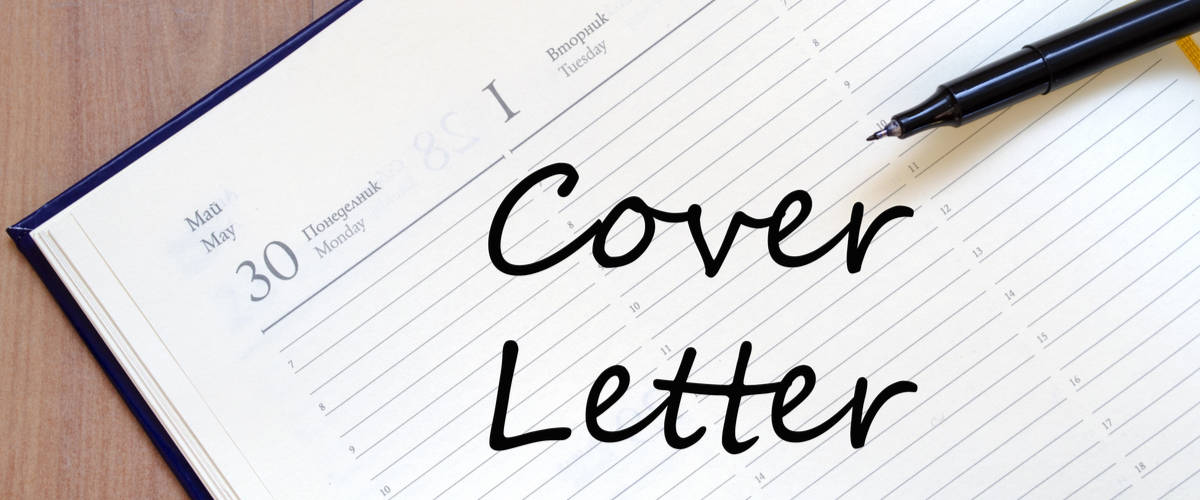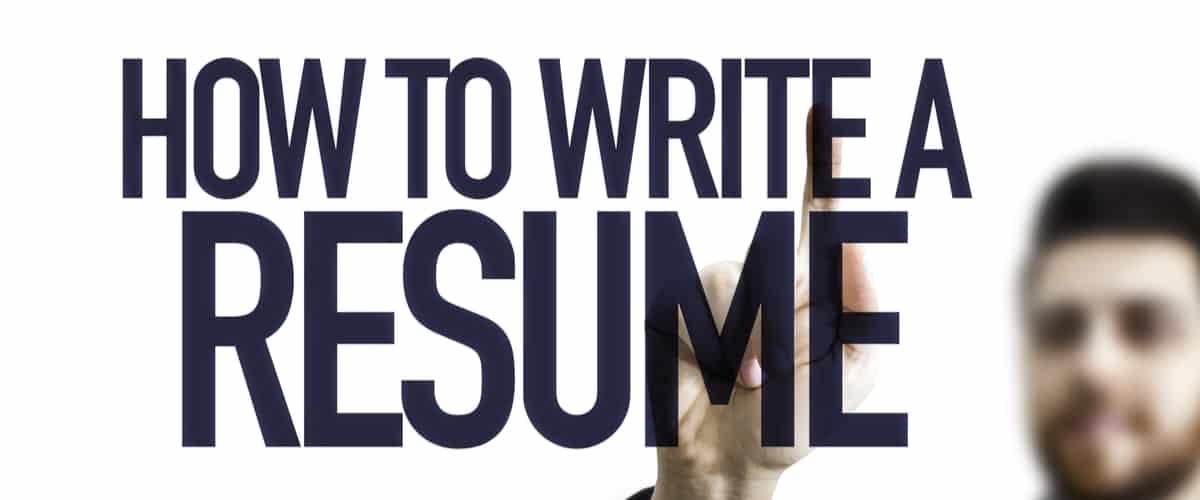
Best Tips for Mechanical Engineer Resumes
Are you a recent graduate with a mechanical engineering degree? Want to find a great job even though you don’t have previous experience? The best way to start your career is with a customized resume.
A perfectly written resume communicates much more than just your skills; it also shows off your professionalism, your strengths and aptitude, and even your personality. And as an entry-level mechanical engineer, it’s essential to highlight your talents and knowledge in all related areas. Experience with design, manufacturing processes, research, and testing are just a few.
Take a look at the most common questions about mechanical engineer resumes and learn how to write a winner.
Q: What’s the first step in writing an entry-level mechanical engineer resume?
A: For online job boards and portals, start with a good resume title. (A printed resume doesn’t need a title other than your name.) That way, you can keep your goal in mind and let it shape what you write as you go along. Resumes should be concise, but don’t overdo simplicity with a title like “Alicia Johnson Resume.” Do some thinking and get creative.
If you don’t already know the job title you want to have, do some research. Examine various job titles for mechanical engineers and notice how they’re worded. Your title should be a combination of the position you’re seeking, your level of experience, and a skill the job requires. If you’re a new graduate, skip the experience level. Here are some examples.
Project Engineer, ABC exp.
Asst. Packaging Engineer, XYZ
Decontam. Engineer Six Sigma
Job boards have character limits for job titles, so keep an eye on it. The examples above are just under 30 characters.
If you’re using a job objective for your printed resume, your preferred job title is a good start. Add more details about your skills, and don’t use abbreviations.
Q: What should I write for career objective?
A: The career objective shouldn’t be more than 1-2 phrases or sentences. In fact, recruiters and hiring managers prefer short descriptions in a professional resume. Start with your resume title and add more details that match job descriptions and fit your goal.
But before writing your career objective, read job descriptions, company profiles, and company websites carefully. It’s better if your career objective suits the company’s mission and vision.
On some job boards, of course, you won’t know who’s reviewing your resume. But if you tailor it to the positions that appeal to you most, your chances of a recruiter contacting you go up. Plus, you’ll want your job objective to be perfect for each position you apply for.
Q: How do I write a profile summary for an entry-level mechanical engineering job?
A: Also called a summary statement, the first thing to consider for a profile summary is this: As a new graduate, you probably don’t have much work experience, but you’ll still need to showcase your strengths, skills, and abilities. If you have internship experience, highlight accomplishments or skills developed during that time.
In addition, you know your strengths and soft skills by now, and as a mechanical engineer, you’ve also learned specific hard skills. Mention them.
You don’t need much since an entry-level resume should be just one page, and recruiters don’t expect you to have highly developed skills at this point. Be concise, and use bullet points for better readability.
Finally, use strong action verbs while writing your resume and keep it simple. And don’t forget, you can add important information in your cover letter.
Q: Where should I put technical skills in my resume?
A: You have a few ways to include technical skills. First, read the job description for the position you’re applying for. Then list the skills required that match yours. You can also review similar job descriptions for ideas on the best way to write them.
If you have a lengthy list of skills, mention only the most important ones to keep your resume brief and to the point—remember, just one page.
You can also highlight specific skills in the work, internship, or volunteer experience section. It’s one thing to say you have a certain skill. But showing how and where you used that skill adds credibility.
Q: Should I mention my interpersonal or other soft skills in a resume?
A: Interpersonal skills are important in any job, and as a mechanical engineer, you’ll work with a team. Any recruiter wants a candidate who gets along well with others and communicates well. If you have proven skills in areas like teamwork, leadership, collaboration, logical thinking, and written communication, include them.
Q: What’s the best way to list education on an entry-level resume?
A: List your educational experience in reverse chronological order. Start with your most recent (and highest) degree earned, then list others separately, working back in time. Include the correct name of the institution plus the city, state/province, and country if you attended university abroad.
Mention dates you attended only if you have less than two or three years of experience. Some experts extend that limit to 10 years.
You can mention honors, awards, memberships, certificates, or relevant activities in short phrases for each degree attained. Include your GPA if it’s higher than 3.0/4.0 and you’re a new graduate.
If you only have a four-year degree, no worries! That’s plenty to get you in the door. Just list it along with any achievements, awards, or related activities, and you’re good to go.
Q: Should I list references in my first job resume?
A: Do not list references on any resume if you’re applying for a job in the U.S. It been outdated for decades, and you don’t want to look uninformed. Even the statement that replaced a list of references, “References available on request,” has been outdated now for many years. It’s expected that you’ll provide references, so there’s no need to mention it.
That said, listing references on a resume is common in some countries, so be sure your information is up-to-date and correct.
Even so, list at least three references on matching resume paper and include their contact information. You can provide it during an interview, if asked, or refer to it when filling out paperwork.
Remember: Content is king for all resumes, but when it comes to technology, design matters. Mechanical engineers should have crisp, clear resume formats that reflect clean design. Click here to review sample resumes and choose a mechanical engineering resume template. And you can browse all the latest entry-level mechanical engineer jobs right here.
Questions? Concerns? Share your thoughts and experience in the comments below!
The information on this site is provided as a courtesy. GradSiren is not a career or legal advisor and does not guarantee job interviews or offers.
Get expert career advice and insights delivered straight to your inbox.

Must Reads SEE ALL ARTICLES

Top 5 tips to design a good Cover Letter

Is an Infographic Resume Right for You?

How to Showcase your Technical Skills in a Resume to Stand-Out from the Rest

Resume Format for On-Campus Placements

Top 7 Skills to Highlight in Resume for Work from Home Jobs






